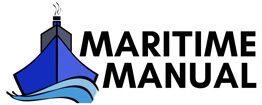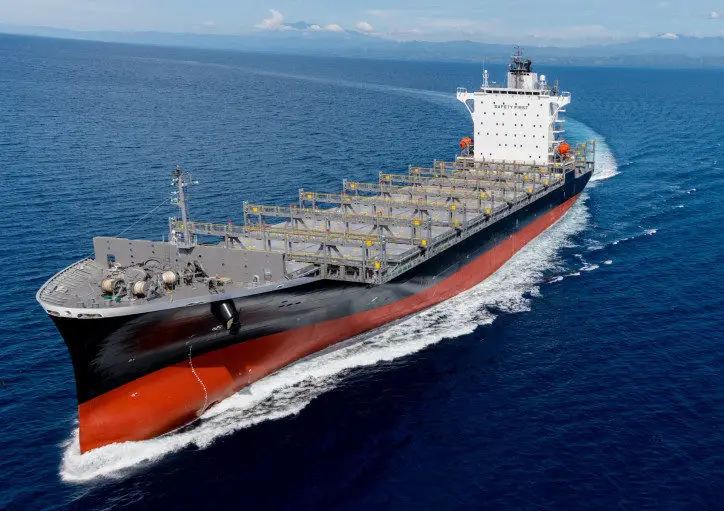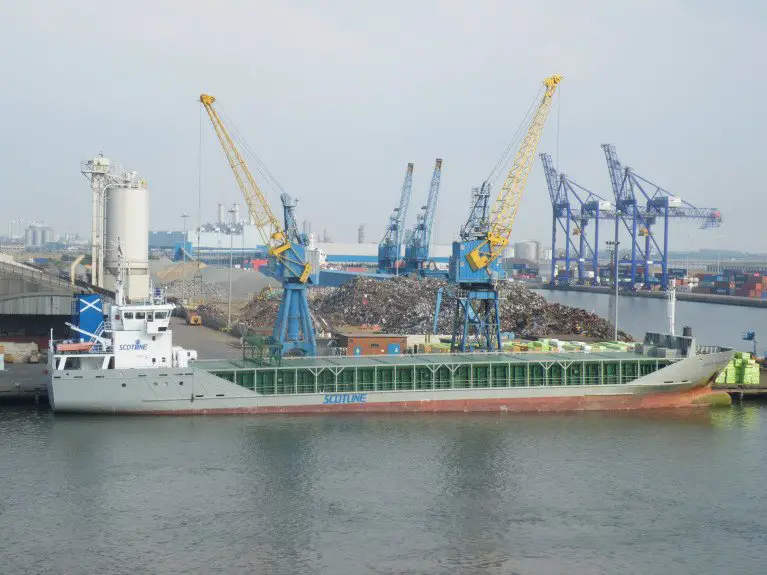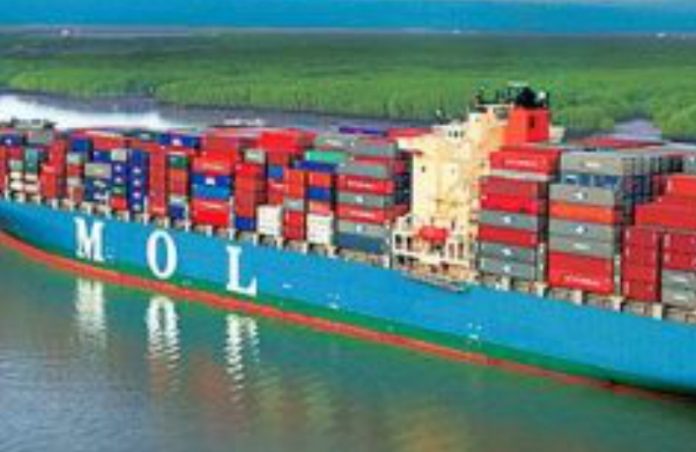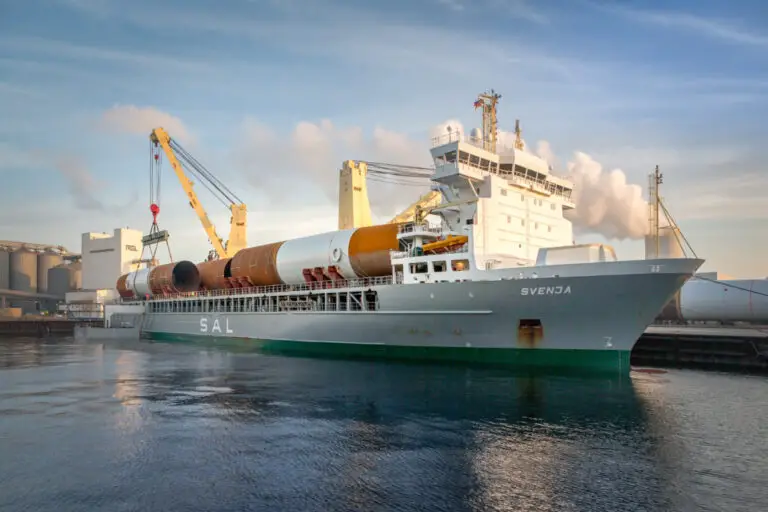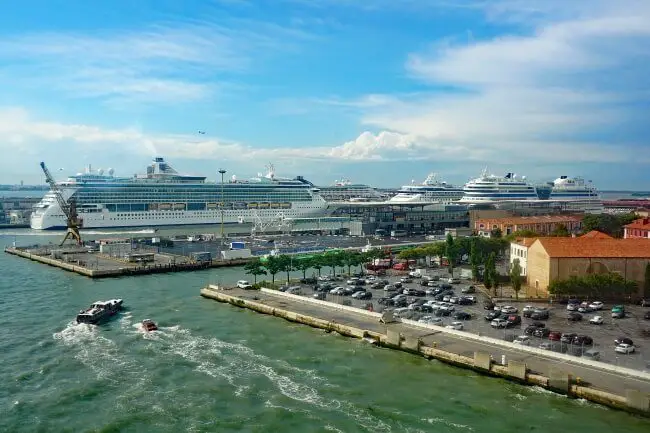IMO issues briefing on MEPC 73 decisions

A briefing just released by the International Maritime Organization confirms that an amendment to support consistent implementation of the forthcoming 0.50% limit on sulfur in ships’ fuel oil was formally adopted today, during the current session of the Marine Environment Protection Committee (MEPC 73).
The new 0.50% limit (reduced from 3.50% currently) on sulfur in ships’ fuel oil will be in force from January 1, 2020, under IMO’s MARPOL treaty, with benefits for the environment and human health.
The complementary MARPOL amendment will prohibit the carriage of non-compliant fuel oil for combustion purposes for propulsion or operation on board a ship – unless the ship has an exhaust gas cleaning system (“scrubber”) fitted. Installing a scrubber is accepted by flag states as an alternative means to meet the sulfur limit requirement.
The complementary amendment is expected to enter into force on March 1, 2020.
The IMO briefings says that the amendment does not change in any way the entry into force date of the 0.50% limit from January 1, 2020. It is intended as an additional measure to support consistent implementation and compliance and provide a means for effective enforcement by states, particularly port state control.
Most ships are expected to utilize new blends of fuel oil which will be produced to meet the 0.50% limit on sulfur in fuel oil. Currently, the maximum sulfur limit in fuel oil is 3.50% globally (and 0.10 % in the four ECAs: the Baltic Sea area; the North Sea area; the North American area (covering designated coastal areas off the United States and Canada); and the United States Caribbean Sea area (around Puerto Rico and the United States Virgin Islands)).
Ship implementation planning guidance approved
To assist ship operators and owners to plan ahead for the 0.50% sulfur 2020 limit, the MEPC approved guidance on ship implementation planning. The guidance is part of a set of guidelines being developed by IMO for consistent implementation of the MARPOL regulation coming into effect from 1 January 2020.
The ship implementation planning guidance includes sections on:
- risk assessment and mitigation plan (impact of new fuels);
- fuel oil system modifications and tank cleaning (if needed);
- fuel oil capacity and segregation capability;
- procurement of compliant fuel;
- fuel oil changeover plan (conventional residual fuel oils to 0.50% sulfur compliant fuel oil); and
- documentation and reporting.
Best practice guidance approved
The MEPC also approved guidance on best practice for fuel oil suppliers.
The guidance on best practice for fuel oil suppliers is intended to assist fuel oil purchasers and users in assuring the quality of fuel oil delivered to and used on board ships, with respect to both compliance with the MARPOL requirements and the safe and efficient operation of the ship. The guidance pertains to aspects of the fuel oil purchase up to the loading of the purchased fuel oil on board.
Enhancing provisions on fuel oil quality and reporting of non-availability of compliant fuel oils
Following a discussion related to a proposal on gaining experience in meeting the new lower sulfur limit, the MEPC invited concrete proposals to the next MEPC 74 session (May 2019) on how to enhance the implementation of regulation 18 MARPOL Annex VI which covers fuel oil quality and availability.
On fuel oil availability, the regulation requires each party to “take all reasonable steps to promote the availability of fuel oils which comply with this annex and inform the organization of the availability of compliant fuel oils in its ports and terminals”. Parties are also required to notify IMO when a ship has presented evidence of the non-availability of compliant fuel oil.
Parties to MARPOL Annex VI are urged to inform the organization of the availability of compliant fuel oils in its ports and terminals via the IMO Global Integrated Shipping Information System (GISIS) MARPOL Annex VI module well in advance of 1 January 2020, in accordance with regulation 18.1 of MARPOL Annex VI.
IMO sulfur 2020
The new lower 0.50% limit on sulfur in ships’ fuel oil will be in force from January 1, 2020, under IMO’s MARPOL treaty, with benefits for the environment and human health.
A study on the human health impacts of SOx emissions from ships, submitted to IMO’s Marine Environment Protection Committee (MEPC) in 2016 estimated that by not reducing the SOx limit for ships from 2020, the air pollution from ships would contribute to more than 570,000 additional premature deaths worldwide between 2020-2025.
The IMO briefing says that a reduction in the limit for sulfur in fuel oil used on board ships will have tangible health benefits, particularly for populations living close to ports and major shipping routes.
The new limit will be applicable globally – while in designated emission control areas (ECAs) the limit will remain even lower, at 0.10%.
The January 1, 2020 implementation date was adopted in 2008 and confirmed by IMO in October 2016, giving certainty to refineries, bunkering and shipping sectors.
Read more: Ultimate Guide To Bunkering In Ships
IMO has been working with Member States and the industry to support implementation of the new limit. Enforcement, compliance with and monitoring of the new sulfur limit is the remit and responsibility of States Party to MARPOL Annex VI.
OTHER TOPICS
The Danish Maritime Authority notes that several other topics were on the agenda at the IMO this week. Today, as a follow-up on the Initial IMO Green House Gas (GHG) Strategy adopted in April, IMO adopted a Program for Follow-Up Actions for the coming work towards 2023. The member states agree on opening up to the possibility of implementing short-term reduction measures and to initiate discussions on medium and long-term initiatives at forthcoming meetings.
In addition, it will be considered how the impacts of the reduction measures can be assessed.
Furthermore, the MEPC has now set the framework for a study, which will strengthen estimates and scenarios for the shipping’s greenhouse gas emissions. This is important in order to achieve an appropriate level of ambition when the GHG strategy is to be updated in 2023.
No more paraffin along the coasts
In many coastal locations around the world, including in Denmark,” says the Danish Maritime Authority, “it will be well received that the IMO will make prohibit ships from cleaning their tanks in open water. The prohibition applies to highly viscous, sticky substances such as paraffins, which have previously polluted beaches and coasts in many countries. The new rules are expected to enter into force in 2021 From that date, cleaning of ship tanks with cargo residues containing substances such as paraffins must be done in ports so that it can be handed over to a land-based Port Reception Facility. This prevents lumps of paraffins etc. from coming ashore along the coasts.”
Since first publishing this story, we have received the following comment:
In the body of the article under the heading of “Other Topics” there is a sub paragraph entitled “No more paraffin along the coasts”
The brief article is inaccurate as Tank Cleaning within the newly established geographical area will not be prohibited. The new regulations coming into force on 01 January 2021 concern cargoes deemed to meet the criteria of High Melting Point or High Viscosity Persistent Floater. Cargoes which meet this criteria, and which will discharge in a port within that geographical area, will need to undergo a prewash prior to leaving that port, after which time they can complete tank cleaning as normal once they are at sea within the geographical area.
The Prewash is a short wash cycle designed to reduce as much as possible any cargo residue left remaining in the tank after the tank has been stripped ashore. Normally for chemical tankers the amount of cargo residue remaining within a tank after stripping is approximately 15 liters. The prewash applies a further washing of the tank ashore to reduce the cargo residue amount even further. After completing the prewash the ship can sail and wash tanks as usual according to MARPOL 73/78.
Your writer mistakes the difference between “Prewashing” and “Tank Cleaning.”
Norman O’Shaughnessy
Group Operations & Regulatory Manager
TT STJS Operations
Stolt Tanker Trading
Houston, TX
Plastic waste
Last but not least, notes the DMA, MEPC adopted a preliminary Action Plan to reduce plastic waste from shipping. Across the UN system there will be ongoing work on preventing plastic waste from ending in the seas and although ships are not one of the main culprits, their handling of plastic should of course also be handled satisfactorily. The Action Plan contains 30 concrete measures, which include good waste management on ships, Port Reception Facilities, fishery waste and lost containers.
Press Releases: International Maritime Organization
Photo Courtesy: International Maritime Organization
